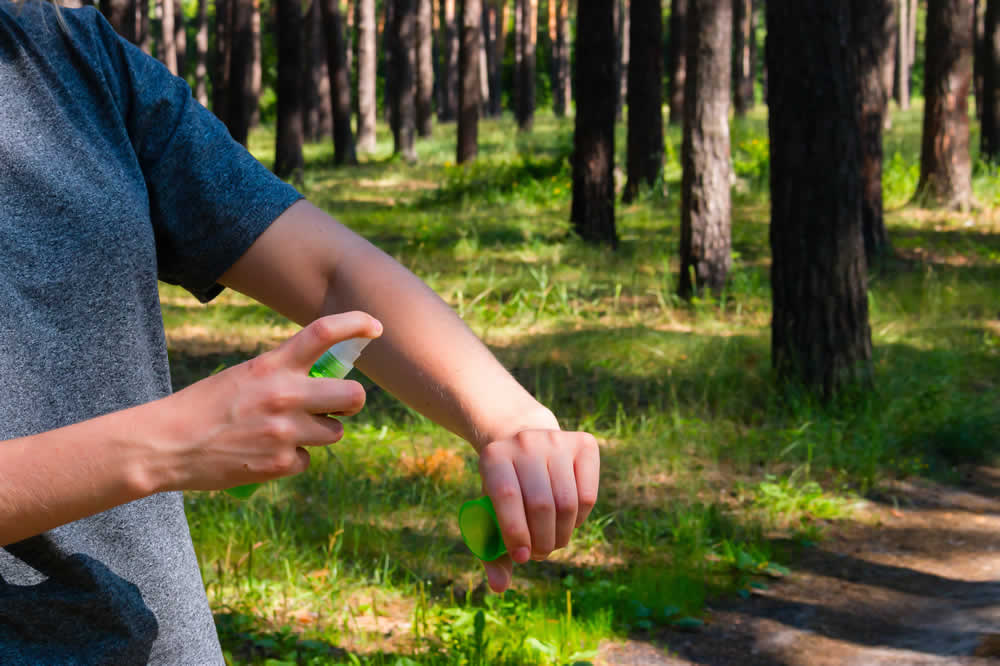
Once upon a time, you only really had to worry about being bitten to death by pesky mosquitoes, insects and other nefarious bugs when you took your caravan abroad. With the sub-tropical summers we’ve experienced in the UK of late, the dangers may be somewhat closer to home.
So, whether you’re looking forward to your next Summer holiday in your caravan in this country or on the Continent, here are a few tips on keeping all those bugs at bay and avoid getting bitten.
The risks
The risks of becoming seriously ill following an insect bite or sting in the UK is thankfully quite small, according to reassuring advice from the NHS.
There is less room for complacency when you travel abroad. In the future, said a report by Reuters on the 28th of March 2019, there may be even more to worry about if climate change brings potentially fatal diseases, such as dengue, chikungunya and Zika, to parts of Europe.
Avoid being bitten
Whether it’s a tiresome and irritating but minor complaint, or something more serious, the most important steps to take are to avoid being bitten in the first place:
- be very British and keep calm and carry on – don’t jump about, or try swatting the wasps, bees or hornets;
- keep exposed skin covered by wearing loose clothing, especially when mosquitoes are likely to be most active, such as at sunset or sunrise;
- you can also buy insect repellent clothing – clothing manufacturers such as CragHoppers, Cotswold Outdoor and several other companies provide a range of tops, shirts, shorts and trousers;
- wear your shoes when you go outside;
- never disturb an insect nest;
- take extra care around flowering plants, compost, rubbish, stagnant water, and in areas where food is being served outside;
- if you want to keep the windows and doors of your caravan open, make sure to cover them with netting or use door beads to stop the insects getting inside;
- avoid pitching your caravan close to lakes, ponds or rivers, since these are just the places that insects are likely to congregate; and
- avoid healthcare and beauty products – such as deodorants, shampoo and soaps – which have strong perfumes, since some might attract insects.
Repellents
Public Health England stresses the importance of using insect repellents – night and daytime, inside your caravan and when outdoors – on areas of exposed skin. The active ingredients need to be either DEET, lemon eucalyptus extract or PMD, or Picaridin (20%).
Of the three, Public Health England recommends 50% DEET as the most effective, since it is the longest acting, and you don’t need to apply it so many times during the day. It also contains the active ingredient believed to have no ill-effects on pregnant women or their unborn children.
These repellents may be bought over the counter as creams or sprays, but many of the active ingredients are also available for slow, vaporised release in small plug-in electric devices.
Travel Sage suggests the top five of these gadgets, which use various repellent chemicals, such as allethrin, permethrin, and DEET.
If you want to stick to an entirely natural repellent, slow-burning citronella candles or other essential oils (such as oil of lemon eucalyptus) might be your preference. The company Body Source even sells special bracelets you can wear which are infused with 100% natural ingredients comprising citronella, lemongrass and geraniol essential oils.

